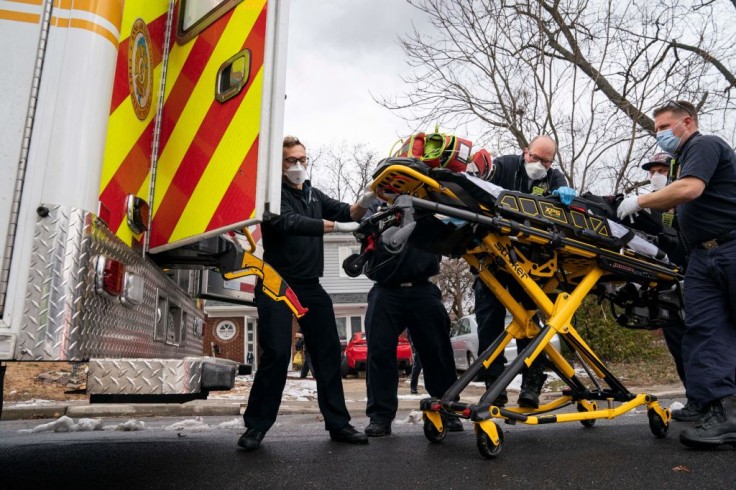
The family of a grandfather of 17 children in Washington, D.C., wants answers for the delayed 911 response that could have saved David Earl Griffin, 47, when he turned frantic and appeared to be experiencing a breakdown before he plunged into the Washington Channel and drowned.
Reports cited that the first responders also failed to subdue Griffin when they finally arrived. Per WUSA9, the delayed 911 response was about 30 minutes, with the EMT calling on the police for back-up as the grandfather was already causing havoc and hurting himself.
Aujah Griffin, one of Griffin's children, said that her father was in a crisis, and his situation could have been "de-escalated" had help arrived sooner. However, the first responders did not consider his situation a priority because he was a drug dependent.
The daughter said she's not making any excuses for his father's behavior, but they expected more from the crisis responders, which didn't happen.
Failure to Upgrade Emergency Response
An ambulance crew was called to the scene of a drug overdose at 6:15 p.m. on Monday, March 14, but then Griffin was able to get off the vehicle and run in the streets. Another 911 recording indicated that the ambulance crew called for police back-up a few minutes later as the patient was "all over the place" and could be a threat to himself and others.
Griffin's encounter with the ambulance crew took more than 30 minutes. By 6:42 p.m., the ambulance crew called dispatch again and said there was "imminent danger" in their situation. Even then, there was no upgrade to the priority, per WTOP.
Witnesses also said that the police were not informed at dispatch that the chase moved two blocks off the original location. People on the streets had to tell the police where the commotion was. A few moments later, Griffin jumped in the water and drowned.
The Office of Unified Communications (OUC), which handles 911 calls, released an official statement 11 days later after Griffin's death. According to STATter911, the OUC acknowledged the 911 calls but stated it was "appropriately classified" under Priority 2 - overdose, a standard procedure.
The OUC also stated that officers were not able to get there immediately following the dispatch as there were "higher priority calls." STATter911 said that the OUC statement did not address the errors, particularly with informing the police of the right address; thus, they lost time looking for Griffin.
Room For Improvement
Wanda Royster Gattison, the spokesperson for the OUC, said that the agency acknowledges room for improvement in handling this kind of emergency. The people involved during the dispatch were counseled and advised to review what they did.
Meanwhile, officers familiar with what happened agreed that the priority should have been upgraded to number one as Griffin did not just overdose. He was violent, and he hurt himself. He was also a threat to other people.
Related Article : Police Arrest Grandfather for Unlawful Conduct After Grandson Brings His Gun to School to Shoot Zombies